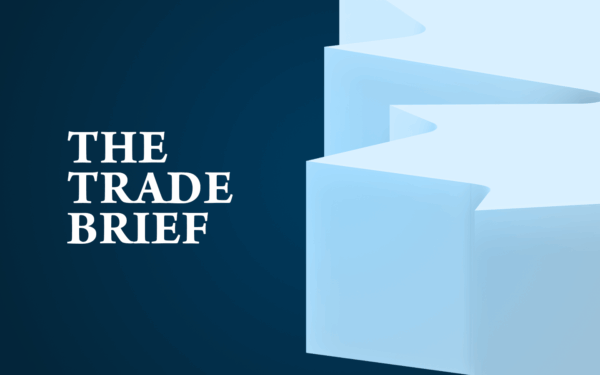Canada must treat fighting espionage as a national priority
As published in the National Post
In August, Australia’s chief spy-catcher, Mike Burgess, revealed a startling figure: foreign espionage drained the country of an astounding $12.5 billion in the past year.
These weren’t hypothetical estimates. They were tied to real espionage operations uncovered by Australia’s intelligence community, including 24 major incidents.
In one case, hackers working for a foreign government breached the computer network of a leading Australian exporter, stealing sensitive files that gave their country a decisive edge in contract negotiations. The result: hundreds of millions of dollars in lost revenue for the Australian trader.
In another, an Australian defence firm’s product blueprints were stolen after a foreign operative, masquerading as a client, slipped a malware-infected USB stick into a company laptop. Within months, a foreign competitor was mass-producing knock-off products, siphoning millions from the Australian manufacturer.
Australia’s approach to espionage is groundbreaking because it puts a price tag on a national security threat that often lurks hidden from the public. What’s even more notable is the government’s response to the threat. Espionage has been elevated as a core national priority. Structured partnerships with the private sector have been built directly into Australia’s security system, enabling government and business to share information and disrupt threats in real time.
Canada should pay close attention.
As an open economy, home to some of the world’s most innovative companies, Canada is an irresistible target. Canadian firms’ prototypes have been pinched before patents were filed. Adversaries have exploited stolen insights into R&D pipelines to outmaneuver Canadian firms in global markets. High-stakes business transactions have collapsed without explanation, only to be linked later to covert theft.
While Ottawa has never released an estimate of the damage, Australia’s experience suggests that espionage is quietly costing Canadians tens of billions of dollars each year.
But this is only part of the story. As Australian officials rightly acknowledge, the most severe consequences of espionage — loss of strategic advantage, erosion of sovereign decision-making, and compromised military capability — cannot be captured in monetary terms.
Despite the growing risks, Canada has no institutionalized framework for tackling espionage in partnership with industry. Instead, our security agencies rely largely on ad hoc outreach and informal conversations.
This institutional gap too often leaves Canadian companies fending for themselves against sophisticated state actors. It also leaves security agencies with only a partial view of what adversaries are doing inside our economy. Neither situation is acceptable.
Prime Minister Mark Carney’s forthcoming National Security Strategy is an opportunity to close this gap. Canada should follow Australia’s lead and:
-Direct security agencies to establish institutionalized partnerships with industry, including by engaging in formal intelligence-sharing arrangements, sector-specific threat assessments, and joint preparedness exercises;
-Create dedicated liaison structures within security agencies so targeted Canadian firms have a clear point of contact when facing real or emerging threats; and,
-Reallocate existing government spending to ensure security agencies have the resources, including personnel and technology, to engage in regular and secure interactions with industry.
The cost of government inaction is staggering.
To better understand the consequences of government complacency, the Australians also calculated the massive price the country would pay if future espionage went unchecked.
The theft of trade secrets from a publicly traded company? A $900 million hit to Australian shareholders.
The sabotage of critical infrastructure enabled by espionage? A $6 billion blow to the country’s economy within a week.
Diminished trust in government security due to increased espionage activity? A $10 billion annual shock in the form of reduced foreign investment.
For Canada, the lesson is clear: these losses are not inevitable. But prevention requires urgency, political will and a new compact between government and industry. Not one of occasional engagement, but one of shared responsibility for safeguarding Canadian sovereignty and prosperity.
Canada’s business community is ready. The question is whether Ottawa is prepared to act with the same resolve as our allies.











